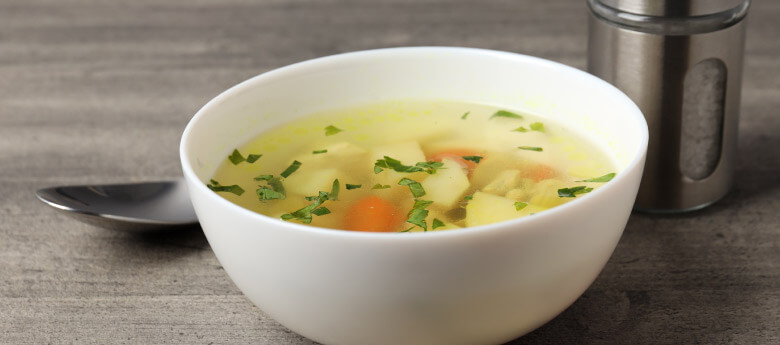Nutrition Guidelines After Bariatric Surgery: What to Eat for Optimal Recovery

Post-Bariatric Surgery Diet Plan: 4 Stages to Safer Recovery
Undergoing weight loss surgery (bariatric surgery) is just the beginning of your journey toward a healthier body. At Sanamentum, we guide you through each stage of your recovery, ensuring safe nutrition and effective weight loss results. Following your post bariatric surgery diet is crucial to protect your stomach, support healing, and optimize long-term success. Your diet will progress through four carefully structured stages, and adherence to each stage is essential.
Stage 1 – Clear Liquid Diet (Days 1–3)
Immediately after surgery, your stomach lining is sensitive and cannot handle solid foods. During the clear liquid diet, you will consume only water-based liquids such as clear broths, diluted juices, and herbal teas. This stage helps prevent irritation, supports hydration, and prepares your digestive system for the next phase. Avoid any thick, creamy, or carbonated beverages at this stage.
Stage 2 – Full Liquid Diet (Days 4–14)
Once your body has adapted to clear liquids, you can gradually introduce protein-rich full liquids. Examples include protein shakes, skimmed milk, and smooth yogurt. Adequate protein intake is critical to aid tissue healing and maintain muscle mass. Continue avoiding solid foods and high-sugar liquids, focusing on high-protein, low-calorie options.

Stage 3 – Pureed Diet (Weeks 2–4)
After approximately two weeks, your stomach will be ready for pureed foods. These are soft, blended meals that are easy to digest. High-protein foods like blended lean meats, eggs, or lentils are recommended. Maintain small portion sizes and chew thoroughly. This stage usually lasts around four weeks and ensures that your stomach adjusts gradually without strain. Avoid tough, fibrous, or hard foods that can irritate your healing stomach.
Stage 4 – Soft & Regular Diet (Week 5 onward)
Around two months post-surgery, you can begin transitioning to soft and regular foods. You are now able to eat more varied meals, but portion control and protein intake remain essential. Follow your personalized diet plan strictly to maintain weight loss and prevent complications. Focus on balanced meals, healthy fats, lean proteins, and vegetables while avoiding high-sugar, fried, or highly processed foods.
Nutritional Tips for Bariatric Patients
Prioritize high-protein foods to support healing and muscle retention.
Hydrate frequently with water, but avoid drinking large amounts during meals.
Eat small, frequent meals to avoid overloading the stomach.
Monitor progress with your aftercare specialist to adjust portions and diet phases safely.
Common Mistakes to Avoid
Skipping diet stages or introducing solids too early.
Ignoring protein requirements.
Consuming high-sugar or carbonated beverages.
Neglecting follow-up appointments with your bariatric care team.
FAQs: Eating After Bariatric Surgery
Q1: When can I start eating solid foods?
A1: Typically, solid foods are introduced around the fifth week, after completing the puree diet phase.
Q2: What are good protein sources after surgery?
A2: Protein shakes, soft eggs, lean meats, fish, and blended legumes are recommended.
Q3: Can I ever eat normally again?
A3: Yes, with portion control and adherence to your post-surgery plan, you can enjoy a regular diet safely.
Q4: What happens if I skip stages?
A4: Skipping diet stages may cause nausea, vomiting, or stomach irritation, and could compromise weight loss results.
Q5: How do I ensure long-term success?
A5: Consistent follow-ups with your specialist, portion control, and a high-protein diet are essential for maintaining your results.

